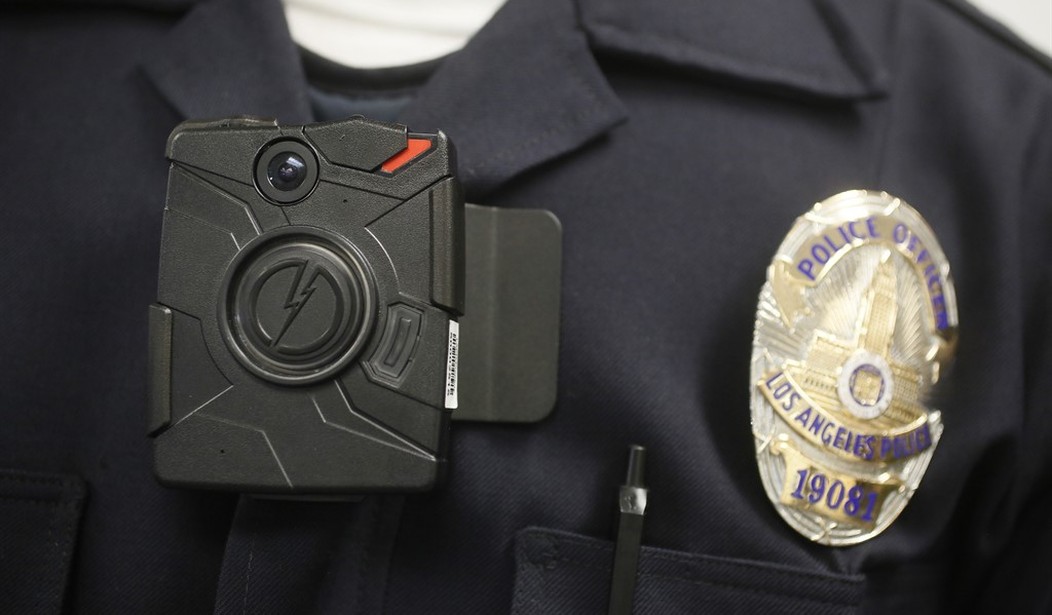Out in California they tend to do nearly everything via referendum, with the voters directly deciding all sort of public policy. Los Angeles is no exception, and yesterday they went to the polls and decided to overhaul the process for reviewing cases of police misconduct. Previously, the Boards of Rights which handle such cases were made up of two high ranking police officers and one civilian. Under the new plan, officers accused of misconduct can opt to have a panel composed entirely of civilians hear the case. (LA Times)
Voters went to the polls Tuesday to decide the fate of a union-backed ballot measure to overhaul the way the Los Angeles Police Department decides its most serious cases of officer misconduct.
Angelenos had been asked to weigh in on Charter Amendment C, which would be one of the biggest changes to the LAPD’s disciplinary process in decades.
The proposal was championed by the Los Angeles Police Protective League, the union that represents around 9,800 rank-and-file officers. Robert Harris, who serves on the union’s board of directors, said he was confident that voters would embrace the measure, which would allow additional civilians to serve on the LAPD’s disciplinary panels.
This change is significant because the way the two sides divided when debating the issue seems almost entirely backward. This change was actually supported by the police unions and the mayor. Meanwhile, opposition groups including the ACLU and Black Lives Matter were slamming it, calling it a “shady” deal and saying that it was a politically motivated giveaway to the unions. Just hearing those reviews made me feel as if I’d followed Alice through the Looking Glass.
Under what circumstances would an officer accused of some misbehavior want to opt for an all civilian panel hearing their case? Particularly given the climate between cops and many urban communities, you’d think that the officer might fare far worse with civilians if they were arguing a case which had already been tried in the court of public opinion. Conversely, older, more experienced officers who understand the challenges of police work might be a bit more sympathetic to them, no?
But that depends entirely on who is picking the civilians who serve on these boards. It seems it all comes down to the Mayor, who does the appointing. Was there some sort of understanding in place between the unions and City Hall indicating that potential members would be screened to ensure they weren’t too “anti-cop” before they were appointed? As I said, this entire proposal seems to be steeped in local political intrigue. But the one factor which makes it relatively harmless (at least at first glance) is that this new procedure only provides an option for the police officer to choose a civilian board. If they wish they can still take their chances with the traditionally composed Board of Rights. So I suppose I’ve heard worse ideas for police reform in other cities. This looks like no harm no foul in terms of protecting the rights of accused law enforcement officers, at least for the most part.









Join the conversation as a VIP Member